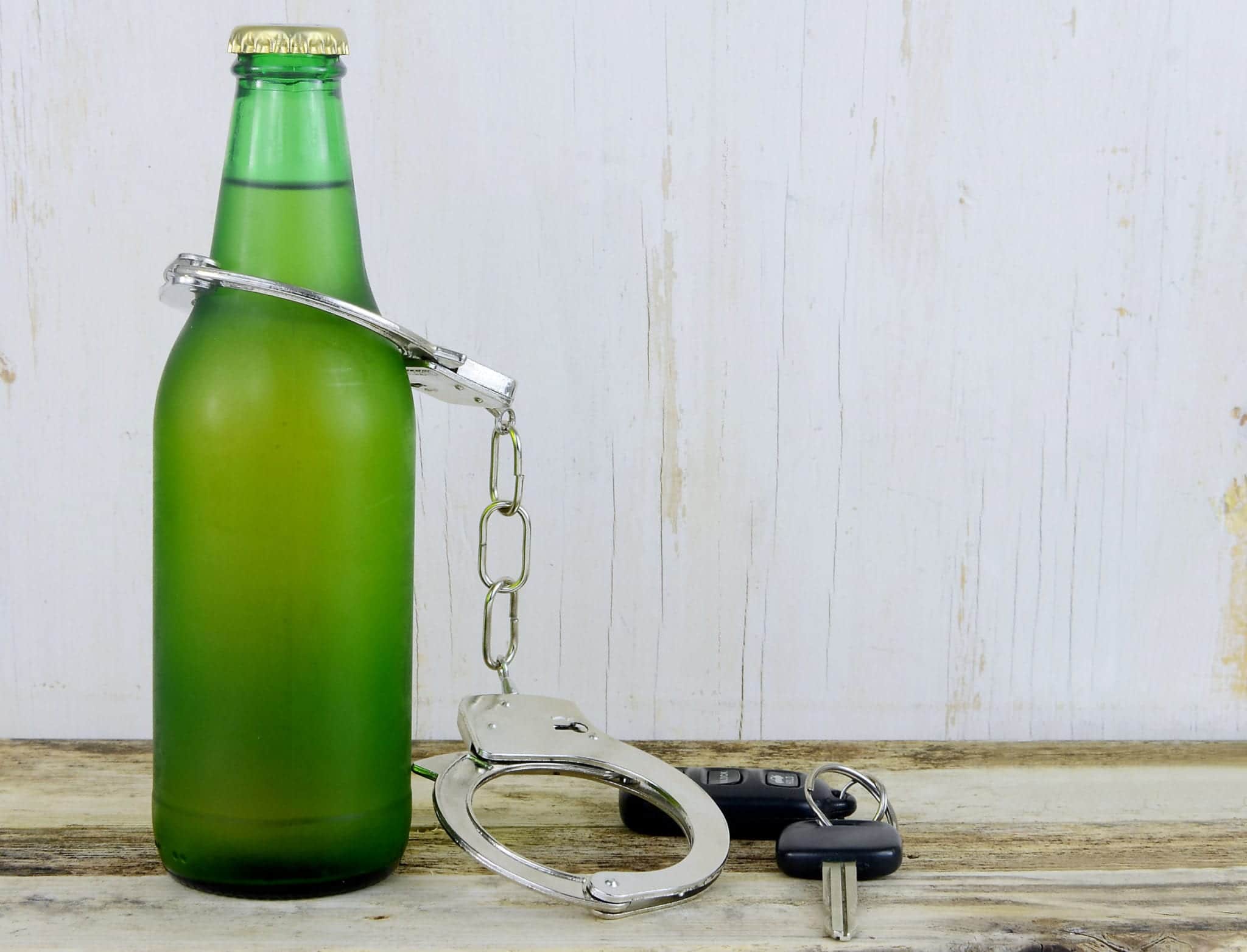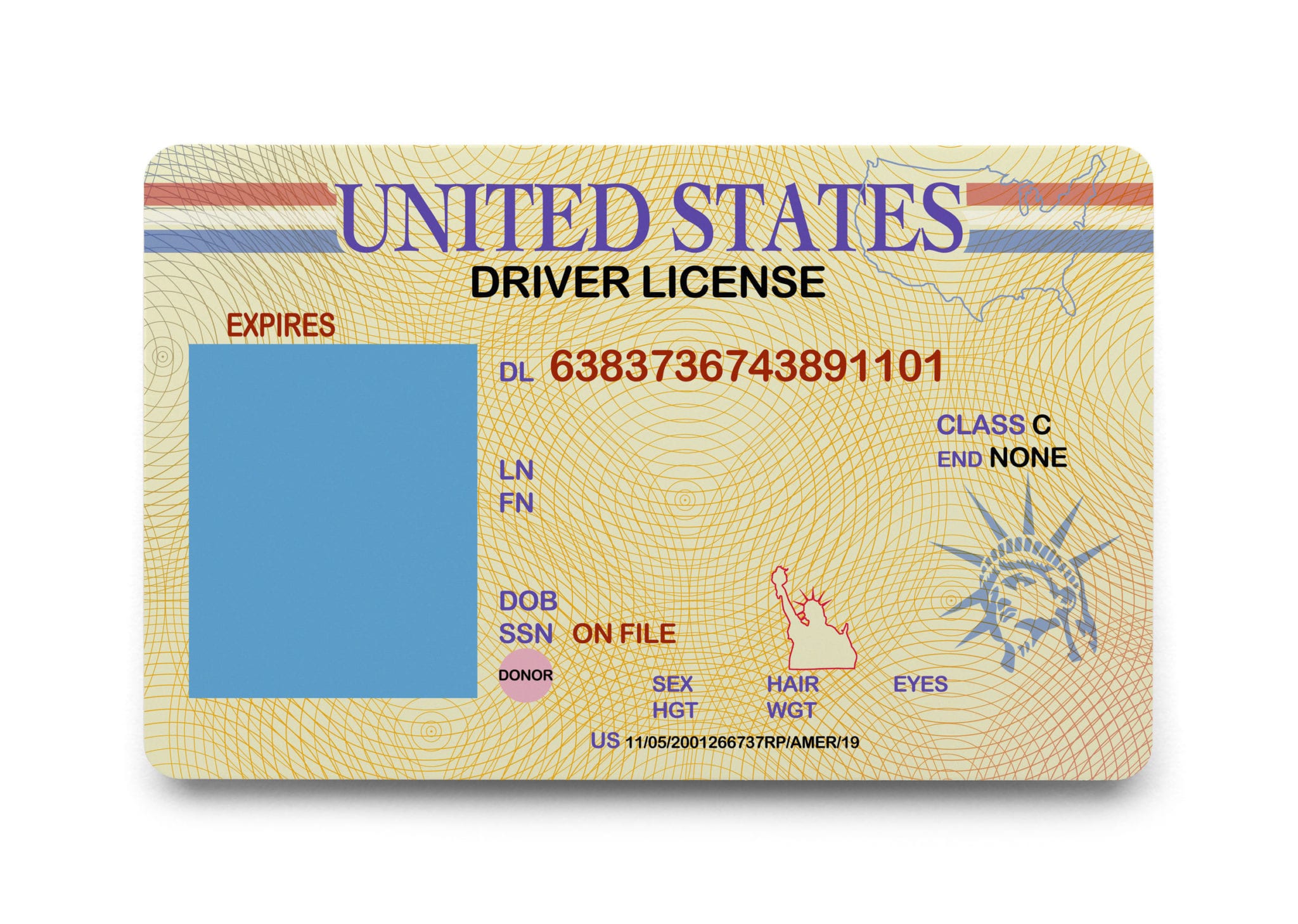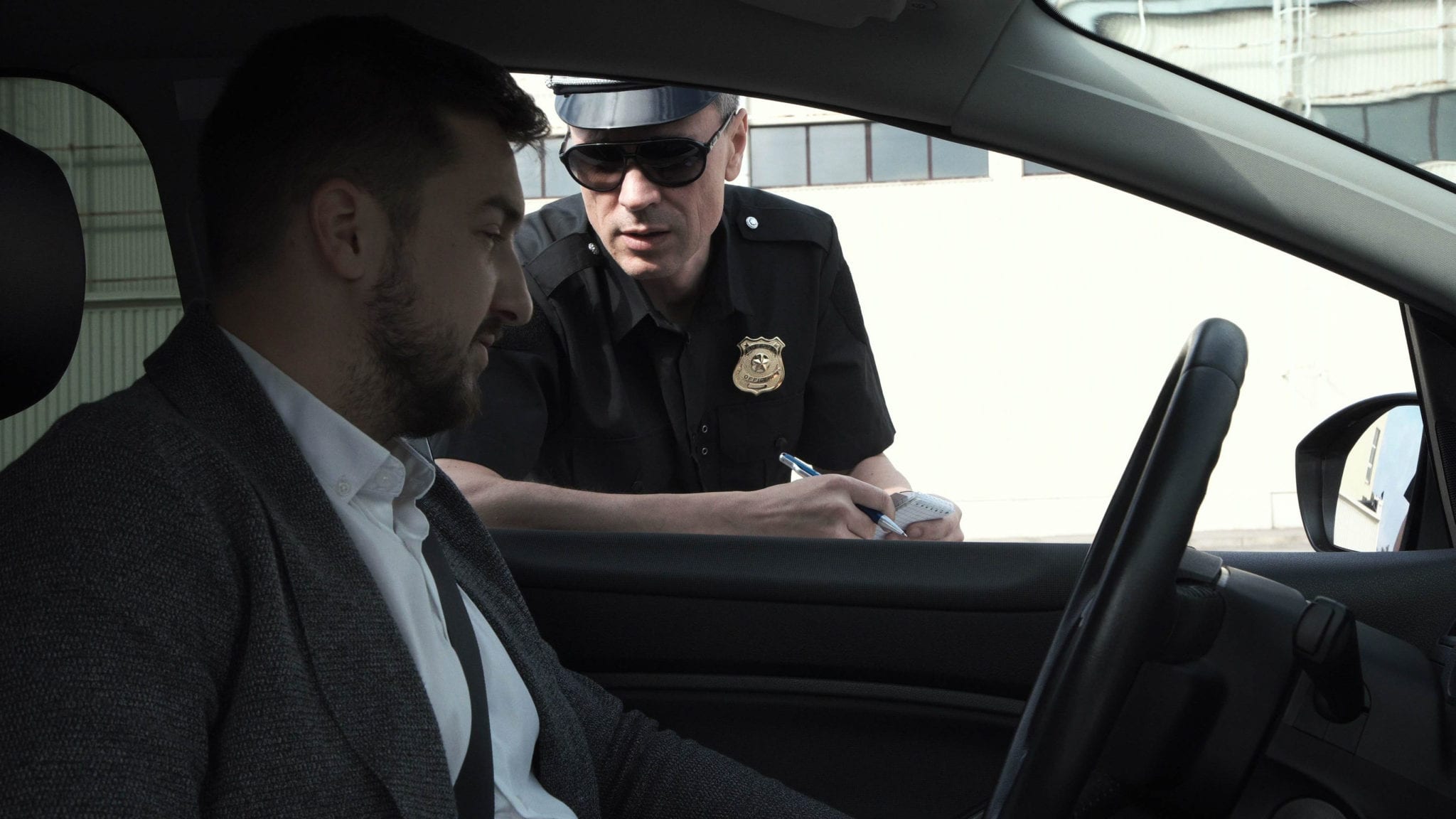
DWI arrests are a frightening experience. Once the effects of alcohol or other controlled substances have worn off, you might find yourself with a lot of questions. “What do I do now?” “Will I have to go to jail?” “Can I keep my job throughout this experience?”
Don’t worry. The team at Keyser Defense is here to answer any questions you might have about DWI charges in Minnesota.
Below you’ll find information on the most common things clients tend to ask us. If you find yourself with more questions, don’t hesitate to reach out.
What Are the Charges for DWI In Minnesota?
Minnesota separates DWI charges into five different degrees, including felony DWI. The law takes into account if you have been convicted of DWI previously, and you can bet that this will affect what charges you face.
If you injure someone in a motor vehicle accident caused by intoxication, you may also face criminal vehicle operation charges.
What Vehicles “Count” For DWI?
As of August 1, 2018, you can get a DWI for driving the following vehicles under the influence in Minnesota:
- Motor vehicle
- All-terrain vehicles
- Motorboats
- Snowmobiles
What Are Minnesota’s Penalties for DWI?
Penalties vary based on the severity of your charge. A misdemeanor charge may result in up to 90 days in jail and up to $1,000 in fines.
If you were charged with a felony DWI, however, you may face up to 10 years in prison and up to $20,000 in fines.
Will I Lose My License?

For a period of time, yes. Even if you are convicted of a fourth-degree DWI, you face up to 90 days without a license. (If you blew a .16 or above at the time of your arrest, a fourth-degree DWI conviction could result in a year without a license.)
Defendants who have been convicted of a DWI in the past automatically lose their license. They face at least one year without a license, in addition to other penalties.
What Are Minnesota’s Penalties for Injuring Someone While Driving Drunk?
Penalties vary based on the amount of bodily harm caused by the accident. If the victim faced simple bodily harm, you may be able to get away with a gross misdemeanor charge and up to one year in prison.
Drivers who cause substantial bodily harm, however, will face felony charges, starting with up to three years in prison. If the victim and/or their unborn child was killed, the defendant could face up to 10 years behind bars.
Additionally, these jail sentences all come with thousands of dollars of fines.
How Can I Reduce My Sentence?
One common way is to agree to a plea deal. This “deal” trades a guilty plea for a reduced sentence. How does it work?
Let’s say you have been charged with felony DWI. You face up to 10 years in prison and $20,000 in fines. You can fight the charges, but a prosecutor offers you only three years in prison and $10,000 in fines in exchange for a guilty plea. Do you take it?
The answer should depend on the evidence against you. Your defense lawyer can help you choose whether it is a better option to take the plea deal or fight back against charges at trial.
Fighting back could result in a not guilty verdict – meaning you don’t have a conviction on your record and you don’t have to face any penalties. That being said, anything can happen at a trial, and you may get a guilty verdict with a far harsher sentence.
Can I Use the Fourth Amendment as a Defense?
Yes and no. Minnesota has an “implied consent” law that applies to drivers within the state. Any driver automatically consents to tests that determine the presence of alcohol and controlled substances in the body. Law enforcement officers just need probable cause to lawfully ask for a breath test or a blood test.

This may not seem “fair,” but it’s the law. If you can show that there was no reason for the police to pull you over in the first place, you may still have a shot at defending yourself and eliminating the results of a breath test. However, if you were swerving, ran a red light, or excessively speeding, you probably can’t use “illegal search and seizure” as a defense.
Should I Hire a Minnesota Defense Lawyer?
Yes. DWI charges in Minnesota are very serious, and your best chance at a positive outcome is to work with a knowledgeable criminal attorney. Most Minnesota criminal defense lawyers offer a free phone consultation so you can talk about your case and your options first. Use this opportunity to learn more about your case and to feel out the lawyer to see if they seem right for you.
About the Author:
Christopher Keyser is a Minneapolis-based criminal and DWI defense attorney known for fighting aggressively for his clients and utilizing innovative tactics to get the most positive results. He has been featured in numerous media outlets due to the breadth and depth of his knowledge, and recognized as a Minnesota Super Lawyers Rising Star (2014–2015), a Top 100 Trial Lawyer (2013–2015), and a Top 40 Under 40 Attorney (2013–2015).





